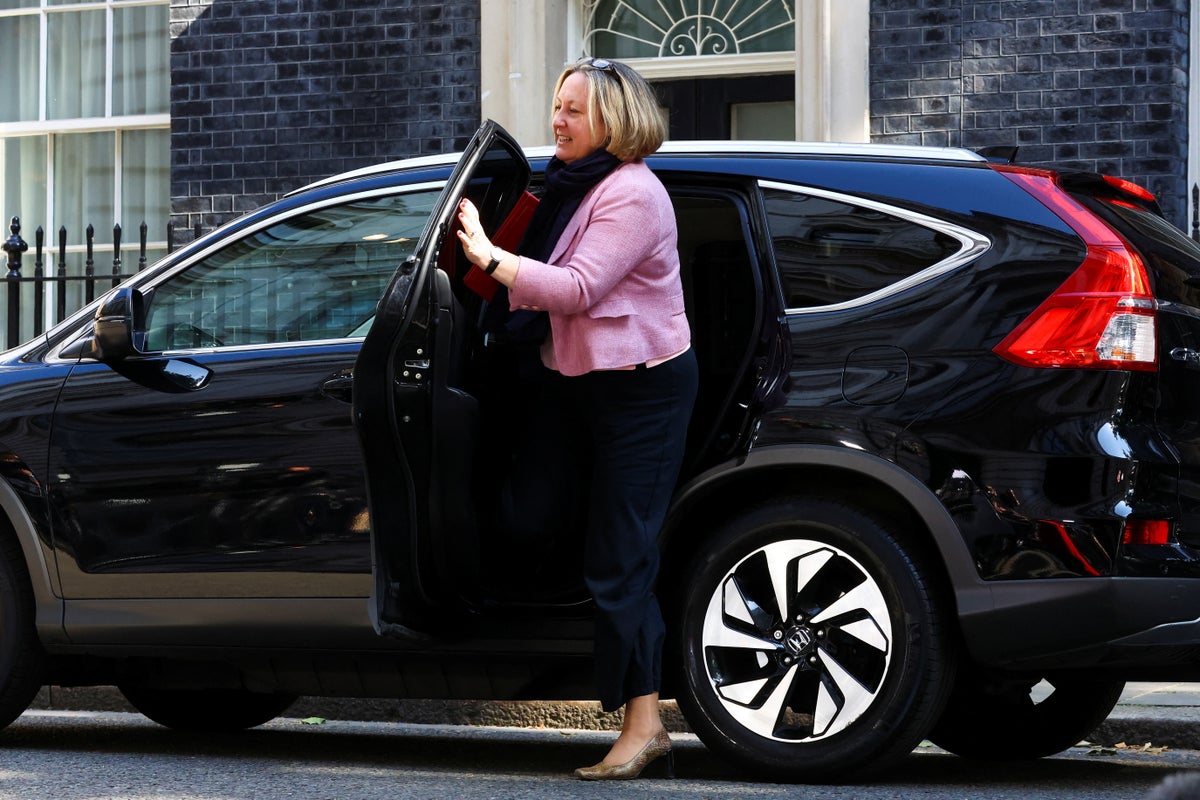
The UK will breach international law in order to protect its domestic steel producers, Anne-Marie Trevelyan, trade secretary told the House of Commons on Wednesday.
The safeguards, steps taken to put extra import levies on steel in order to defend British makers from international competition, have been mired in controversy in recent weeks. These trade defence measures are intended to be used only when the UK can prove material economic harm from unfair imports.
However, for some steel products, the Trade Remedies Authority, an arms-length adjudicator on trade defences, said this was not the case. The trade secretary decided to overrule them using relatively new “call-in” powers.
The decision keep extra trade barriers in place on some steel products “departs from our international legal obligations under the relevant WTO agreement,” Ms Trevelyan said.
“We have concluded that it is in the economic interest of the UK to maintain these safeguards,” she said.
Britain now leaves itself open to legal challenge from other members of the World Trade Organisation, the global umpire of trade rules, she said. Though she added that she had spoken with key trading partners to try and avoid retaliation.
The controversial decision followed months of lobbying from the steel industry, and was “finely balanced” Ms Trevelyan said.
The prime minister’s former ethics adviser, Lord Geidt said that being asked to offer his view on this breach of international trade law had put him in an “odious position” when he resigned earlier this month. The deadline for the measures was tomorrow.
The step has caused a clash between the UK’s conservative post-Brexit champions of free trade and those Tories who favour a more protectionist approach.
In many cases steel producers from countries such as China recieve large government subsidies, triggering overproduction which sees products dumped on international markets at rock-bottom prices. Still, WTO rules require that countries must show their economy would be harmed by these imports, before protecting against them.
The trade secretary said that the statement, coming a day before safeguards were due to expire, had not “been done in a rush” in response to criticism from Labour.
Nick Thomas-Symonds MP, Labour’s shadow international trade secretary said: “The extention of safeguards will come as a welcome relief to the steel sector. It is not anti-competitive to provide a level playing field for our steel industry.”
However, he said it was “regrettable” the decision had come down to the “11th hour” with the safeguards set to expire at the end of June.
The UK benefitted from the same measures on a different legal basis when it was part of the EU’s Single Market because that had a different and wider range of domestic steel production.







